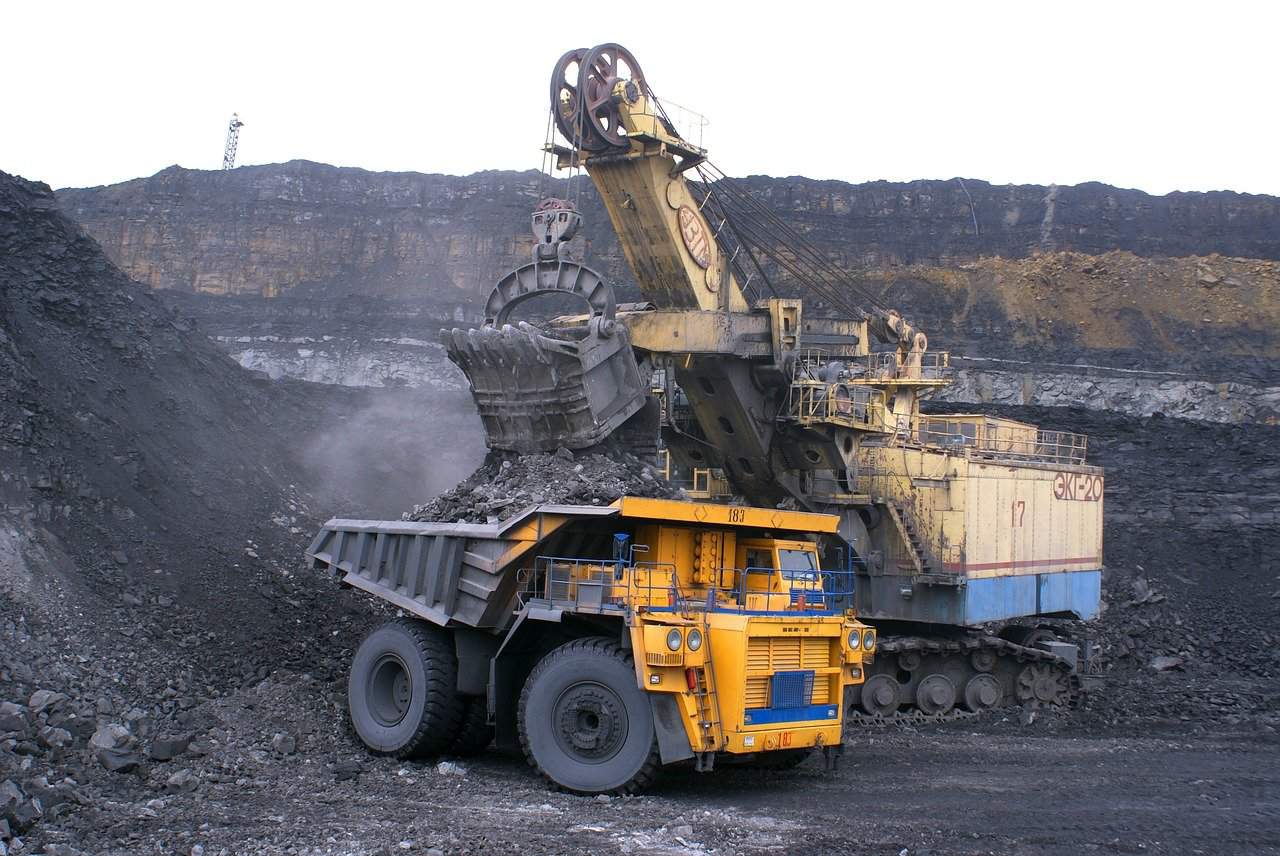The Honduran government of Xiomara Castro declared the country “free of open-pit mining” and announced the “cancellation” of licenses, permits and concessions, a fact celebrated by environmentalists and which puts the industry in check.
“The entire Honduran territory is declared free of open-pit mining (…) and will proceed to the review, suspension and cancellation of environmental licenses, permits and concessions,” the Ministry of Energy, Natural Resources, Environment and Mines said Monday in a statement.
“The approval of permits for extractivist exploitation are cancelled for being harmful to the State of Honduras, which threaten natural resources, public health and limit access to water as human rights,” it added.
For the National Association of Miners, the announcement is “very ambiguous” because “it prohibits even the extraction of stone and sand for construction and goes against the Mining Law”.
According to the union’s advisor, Santos Gabino Carvajal, if it were to be applied to artisanal miners, some 80,000 people in the country would be left without work.
“We are going to ask to be heard by the government,” he said.
“It is about mining that does not harm people and the environment, but here what is being done is to prohibit, to kill the possibility of development. In Central America, the country with the greatest gold potential is Honduras,” he said.
In Central America, El Salvador was the first country globally to ban metal mining in 2018, while Costa Rica had already banned open-pit mining in 2010.
Subject to justice
According to Carvajal, there is only one open-pit mining operation in the country operating in San Andrés, in the department of Copán (northwest), controlled by the multinational Aura Minerals, which exploits and exports gold.
However, environmentalists are complaining about an iron oxide operation of the Los Pinares mining company, in the jurisdiction of Tocoa (northeast), which they accuse of damaging a forest reserve.
In 2018, eight environmentalists from the Guapinol community were detained after demonstrating against that activity. They were only released this year.
“We hope that they not only revoke the concessions but that (the mining companies) are brought to justice, they make reparations to the victims,” said environmental lawyer Víctor Fernández.
According to the Ministry of Energy, “the natural areas of high ecological value will be intervened immediately, ensuring their conservation and common benefits for the people”.
The Office of the United Nations High Commissioner for Human Rights in Honduras welcomed the measure, considering that “the principle of climate justice and the protection of natural resources, public health and access to water as a human right” prevailed.
Upon assuming the presidency on January 27, the leftist Castro announced that the prohibition of open-pit mining was one of her plans.
An encouragement to the communities
Juan Lopez, a member of the Tocoa environmental committee, stressed that the government’s announcement “is an encouragement” to communities fighting against the mining industry.
But further measures such as “the repeal and reform of laws” that regulate transnationals’ contracts with the State would involve Congress. “That takes a whole process,” he told AFP.
Lopez cited the example of Los Pinares which belongs to another local consortium with connections in Panama, the United States and Europe.
“These companies have worldwide logistics with access to international tribunals with which they subject small countries like Honduras,” he lamented.
“But the communities have been in front of a State and in front of big business because the government of Juan Orlando Hernández (2014-2022) placed itself at the service of big business and against the communities,” he stressed.
Hernández, who left power in January, is in prison, awaiting an extradition request from the United States for drug trafficking.
Little contribution to GDP
For his part, environmentalist Fernández praised the government’s decision because, in his opinion, “mining for this country in economic terms is insignificant, it does not produce even 1% of the Gross Domestic Product (GDP) and produces less than 0.1% of employment”.
According to the Central Bank, in 2021 mining exports from Honduras reached US$293 million.
The NGO Foro Social de la Deuda Externa y Desarrollo de Honduras (Fosdeh) said in a recent report that “mineral and hydrocarbon extraction projects are changing the geography of the country.”
“Considering that the mining concessions requested and in exploration until 2020 will come into operation, the total area destined for mining extraction in Honduras could increase 330%, going from 131,515 hectares to a potential exploitation of 565,128 hectares. In other words, this area would cover 5% of the national territory”, detailed Fosdeh.
by Noe LEIVA






